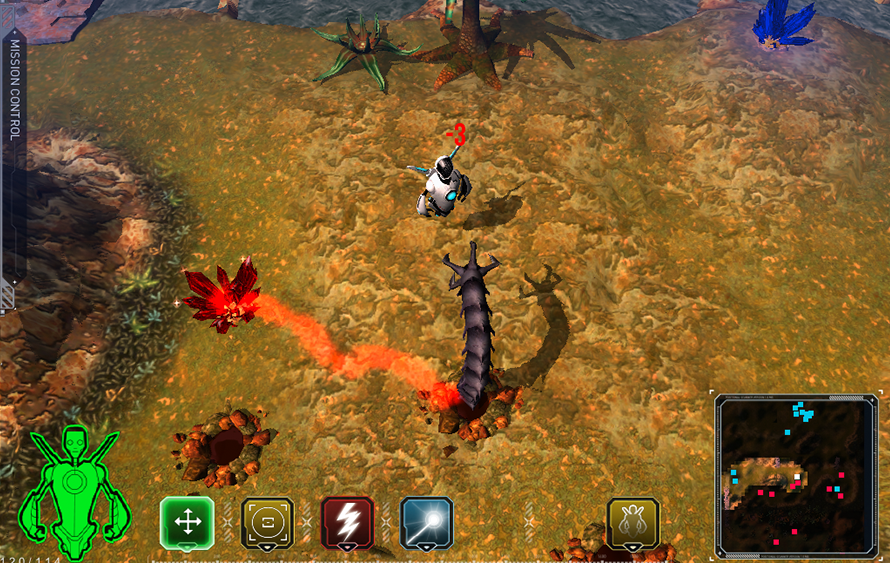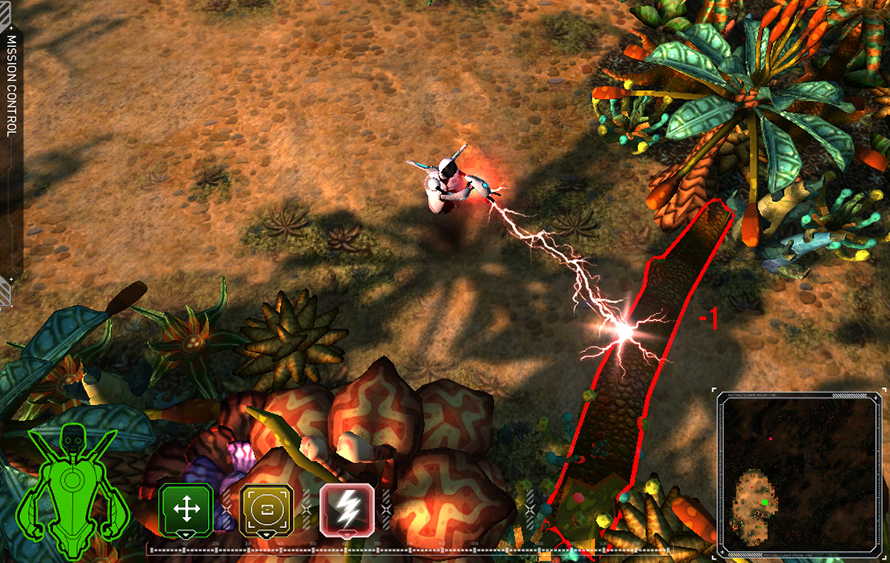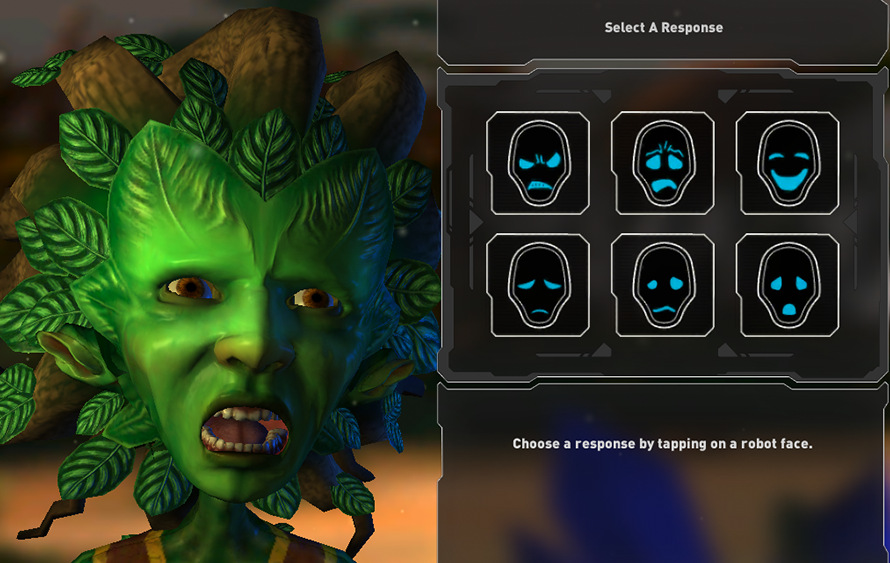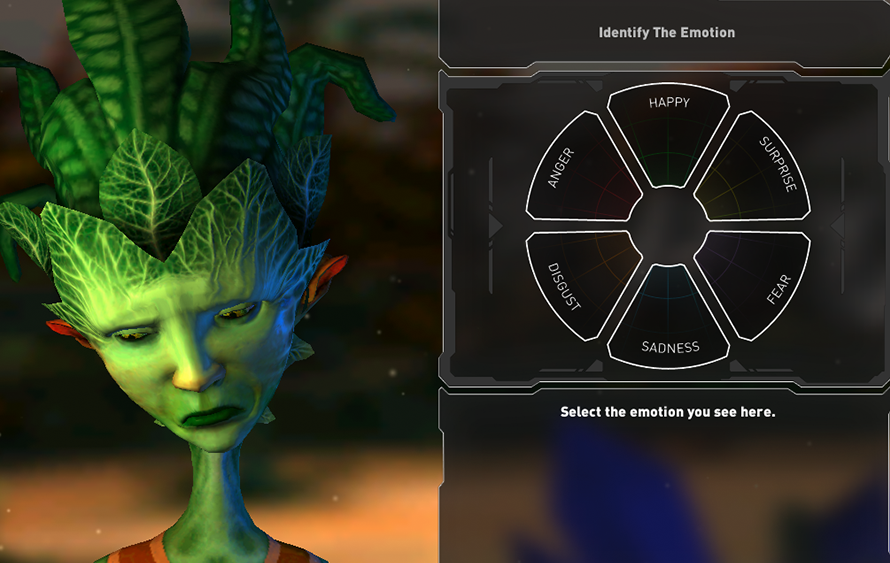
As a marooned robot explorer on a distant planet, you must engage with the local aliens in order to repair your internal systems and send a message to Earth. To communicate with the aliens you must first understand their emotional cues and earn their trust with positive social interactions. Beware of obstacles and use defensive tactics against dangerous life forms to avoid certain destruction.
A team of researchers and game designers led by Dr. Constance Steinkuehler and Dr. Richard Davidson developed Crystals of Kaydor from the ground up aimed at teaching children prosocial behaviors, including recognizing others' emotions. Teaming up with Games+Learning+Society, the Center for Investigating Healthy Minds and Learning Games Network, the group developed a new approach to gauge children's ability to learn these behaviors while engaging in an entertaining video game.


Crystals of Kaydor could illuminate whether mindfulness and kindness can be taught through training. The Game is being tested in a series of studies involving middle school-aged children. The research team gathers data on decisions made in the game, but surveys and functional and structural MRI scans will reveal whether neurological changes associated with empathy and other prosocial mental states are at play.
Rick Solis from CIHM, who is trained in Paul Ekman's Facial Action Coding System (FACS), worked closely with LGN artist Adam Weins to build empirically valid facial animations. FACS is used by animators and researchers to label human facial movements by their appearance on the face.

Crystals of Kaydor was featured in the Nature Partner Journals Science of Learning Publication. Click here to read it.